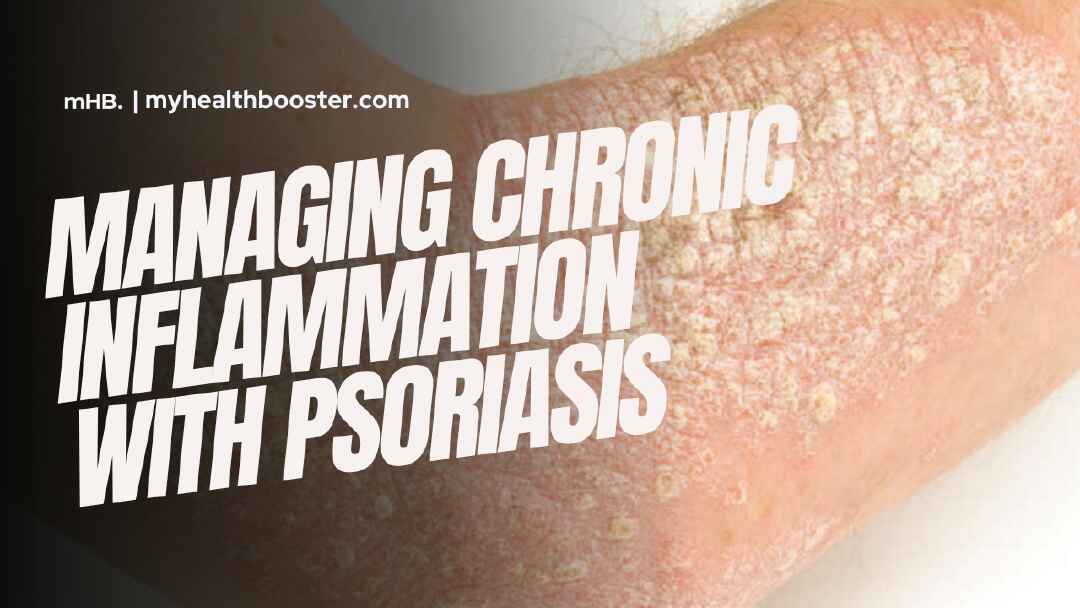Many doctors consider psoriasis as an immune-mediated inflammatory disease although an exact cause has not been established yet.
Psoriasis is a skin condition that causes a rash with itchy, scaly patches, that are most commonly found on the knees, elbows, trunk, and scalps.
Psoriasis causes visible skin symptoms such as raised plaques and discoloration and sometimes impacts certain parts of the body, like the eyes and joints.
Inflammation associated with psoriasis arises from the dysfunction of the immune system. This results in a buildup of inflammatory cells in the middle layer of the skin, which triggers the malignant growth of skin cells in the epidermis.
People suffering from psoriasis tend to pile up skin cells on the surface of their skin instead of shedding these cells. Biologically, the cells of the human skin must grow and flake off in a span of months to flush out pathogens and other harmful substances.
Because of this deregulation in cells, inflammation-associated psoriasis can increase the risk of heart disease, cancer, inflammatory bowel disease, and psoriatic arthritis.
Although inflammation associated with psoriasis is a result of immune cell deregulation, scientific studies suggest that it can be reduced or managed through a healthy lifestyle and good dietary practices.
How to manage inflammation with psoriasis
Readers must bear in mind that there is no cure for psoriasis currently; hence, the disease can only be managed to increase a sufferer’s chances of experiencing longer remission periods. Thus, you can only manage inflammation associated with psoriasis by practicing the following healthy lifestyle
- Avoid inflammatory foods: When you are suffering from inflammation with psoriasis, there are certain foods and beverages you shouldn’t eat because they contain pro-inflammatory substances that increase inflammation and trigger psoriasis symptoms. Examples of such foods include soda and ultra-processed foods such as salty snacks, sweets, and processed meat products.
- Consider eating an anti-inflammatory diet: Diets that are rich in fruits, vegetables, and other nutritious foods consistently reduce psoriasis symptoms. For example, a 2018 study of 35,735 people, including 3,557 with psoriasis, suggested that those who followed a Mediterranean-style diet had less severe psoriasis compared with people who did not.
- Avoiding smoking: Smoking can significantly harm a person’s health and weaken the immune defenses which in the long run worsens inflammatory diseases, including psoriasis.
- Reduce alcohol intake: Excessive drinking can contribute to inflammation and worsen psoriasis symptoms.
- Stay active: Avoiding long periods of sitting may help with reducing psoriasis symptoms. One research review has suggested that people with psoriasis who live sobber lives have more severe symptoms compared with people who exercise regularly.
- Get enough sleep: A pro-inflammatory state in the body can be triggered if you do not get enough sleep. Studies suggest poor and inconsistent sleep cycles can increase inflammation markers in the blood. Experts recommend adults get 7–9 hours of sleep per night for optimal health benefits.
- Manage stress levels: Prolonged stress makes the immune system overactive and contributes to a pro-inflammatory state. Using stress-reducing techniques such as meditation and yoga may help.
